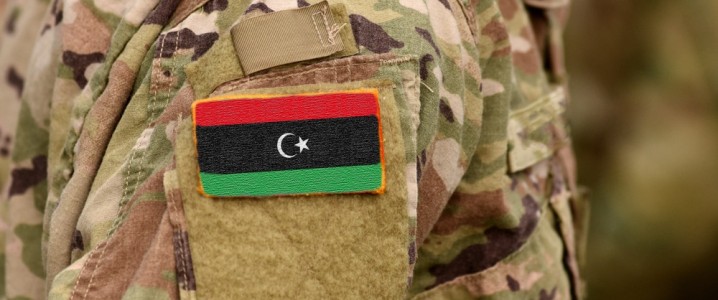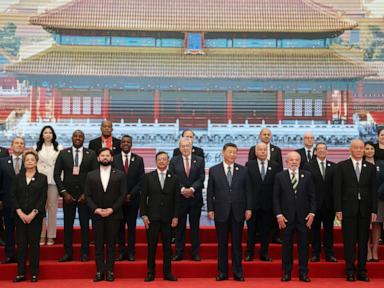Now Reading: Assassination of Militia Leader Sparks Chaos in Tripoli
-
01
Assassination of Militia Leader Sparks Chaos in Tripoli
Assassination of Militia Leader Sparks Chaos in Tripoli

Tom Kool, who graduated in International Business from Amsterdam’s Higher School of Economics, now serves as the Head of Operations at Oilprice.com. In the latest news by Tom Kool on May 12, 2025, at 4:50 PM CDT, Tripoli was thrown into chaos following the alleged assassination of Abdel Ghani al-Kikli, also known as “Gheniwa,” the influential commander of Libya’s Stability Support Authority (SSA). Al-Kikli was reportedly killed during a meeting at the base of the 444th Combat Brigade in the Abu Salim district of the capital. The assassination, said to be orchestrated by 444th Brigade commander Mahmoud Hamza, has sparked concerns of intensified conflict in a country already torn apart by years of political and armed strife.
His death has led to fierce clashes throughout Tripoli, with tanks deployed and civilian aircraft evacuated from Mitiga Airport. The Interior Ministry has advised residents to remain indoors as rival militias gear up.
The escalation of violence occurs amid mounting tensions between Libya’s eastern and western power factions. Despite a ceasefire in 2020, the nation remains divided, with General Khalifa Haftar’s forces in the east and the Tripoli-based government in the west, under interim Prime Minister Abdul Hamid Dbeibah. Political instability, struggles over control of state institutions, and the absence of a unified budget persist as challenges in the country.
International observers, such as the United Nations Support Mission in Libya (UNSMIL), have called for calm and urged all parties to refrain from further escalation. UNSMIL cautioned that prolonged violence could derail political reconciliation and advocated a return to dialogue.
The revived instability now threatens Libya’s fragile economic recovery. The International Monetary Fund has predicted a rebound in 2025, fueled by increased oil production. However, key oil fields in the east have faced repeated closures due to political disputes, and a return to widespread conflict could jeopardize Libya’s primary revenue source and foreign exchange – its oil exports – posing risks to both domestic stability and regional energy markets.






